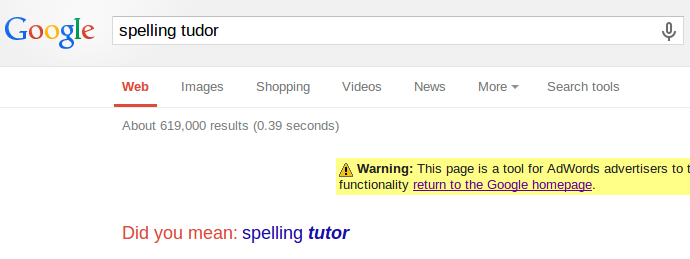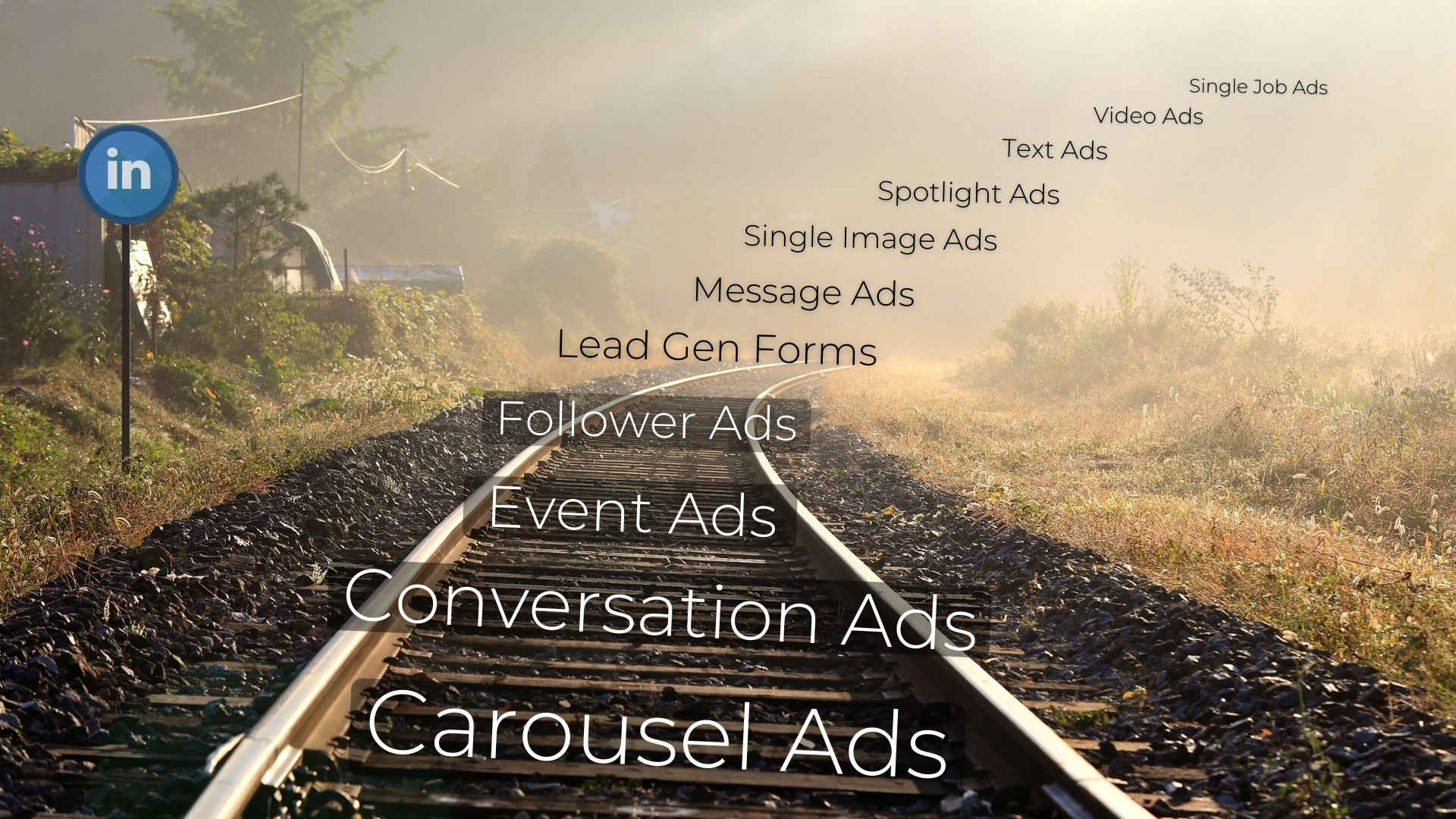By Matthew Forrest | December 16, 2014
When we take over an AdWords account, we often find instances of the same keyword being repeated with different punctuation. Is this necessary? As AdWords advertisers, we want to make sure we are getting maximum exposure for all relevant keywords without unnecessarily cluttering an account. So the question becomes: when and how does keyword punctuation affect when your keywords are triggered? Before we get started, it is important to note that Google does not allow keywords to contain “non-standard characters” such as exclamation points (!), at signs (@), percentage signs (%), asterisks(*), equal signs (=), and commas (,).
Do “Dashes” Matter?
For example, is start up the same as start-up? It turns out that for all intents and purposes, they are the same search term. Dashes are recognized as spaces in AdWords, rendering them useless. This perspective is reinforced by tests we conducted in the AdWords Keyword Planner:  As you can see in the screenshot above, both start up and start-up have the same “Avg. Monthly Searches,” “Competition,” and “Suggested Bid” where as the data for startup is different. Similar tests with ten other sets of examples provided consistent results, suggesting that Google considers a keyword with a space or dash equivalent. Our tests indicated that periods and question marks also have no affect on search queries.
As you can see in the screenshot above, both start up and start-up have the same “Avg. Monthly Searches,” “Competition,” and “Suggested Bid” where as the data for startup is different. Similar tests with ten other sets of examples provided consistent results, suggesting that Google considers a keyword with a space or dash equivalent. Our tests indicated that periods and question marks also have no affect on search queries.
Ampersands Are Cool, Right?
Does it matter if you use “&” or “and”? Are both variations even necessary? It depends on the specific case. We compared different variations of milk and cookies as an example:  As you can see, the ampersand can make a difference. We used the AdWords Keyword Planner to test several other scenarios and came to some interesting conclusions:
As you can see, the ampersand can make a difference. We used the AdWords Keyword Planner to test several other scenarios and came to some interesting conclusions:
- 90% of the time the search query with “and” was more popular
- 50% of the time the search query with “&” was the second most popular
- 50% of the time the search query with neither “and” nor “&” was the second most popular
Although we ran multiple tests, we cannot confirm that this data is statistically relevant, and for that reason we still recommend using the AdWords Keyword Planner and Ad Preview and Diagnosis Tool to see how ampersands might affect your results.
Singular or Plural?
Do you need both the singular and plural of a keyword to encompass all possible search queries? With broad match, clearly you do not: “If your ad group contained the broad match type keyword tennis shoes, your ad would be eligible to appear when someone searched for that keyword or any variation of the keyword buy tennis shoes, running shoes, or tennis sneakers.” In the case of exact, phrase match, and modified broad match keywords, the answer used to depend on your campaign settings. Prior to September 2014, campaigns included the following setting: However, Google removed the option to turn this off. Therefore, similar to broad match, regardless of whether your phrase or exact match keyword is plural or singular, it will match both singular and plural search queries. See Google to Require Close Variants Keyword Matching for more details.
Do Spelling Mistakes Matter?
 In the old days of AdWords, it was common to see ad groups full of keywords and their common misspellings. Thanks to search autocorrect, it is very unlikely Google will publish a search results page for misspellings before recommending a proper spelling similar to the original search query, Even if Google were to publish a misspelled query’s search page, it will trigger broad match keywords and both exact and phrase match keywords will match to close variants, as explained above.
In the old days of AdWords, it was common to see ad groups full of keywords and their common misspellings. Thanks to search autocorrect, it is very unlikely Google will publish a search results page for misspellings before recommending a proper spelling similar to the original search query, Even if Google were to publish a misspelled query’s search page, it will trigger broad match keywords and both exact and phrase match keywords will match to close variants, as explained above.
Can Basic Numbers Substitute Spelled Out Numbers?
I recently posed this question to a Google representative and according to the representative, broad match keywords may pick up both versions while exact and phrase match keywords probably would not. Since this wasn’t exactly an ideal answer, we used the Ad Preview and Diagnosis Tool to see for ourselves. We ran two separate search queries – one for five star pizza and another for 5 star pizza. For this particular case, we saw the same ad in the same position but the organic results were different. The five star pizza search query generated 50,900,000 results while the 5 star pizza generated 134,000,000. We tested more keywords that generated similar results, but we ultimately still do not know if five star pizza covers 5 star pizza as well. For that reason we recommend playing it safe and including both. If we were running a campaign for Five Star Pizza, we would have 5 star pizza and five star pizza as separate keywords in our Branded ad group.
|
SUMMARY |
|
| Input | Effect (if any) |
| – | No effect |
| . | No effect |
| ? | No effect |
| & | Different results for phrases with “&,” “and” or neither |
| Accent marks (such as á and é) | Different results for keywords with or without accented characters |
Key Takeaways:
- Dashes are recognized as spaces
- Incorporating an ampersand can effect your results
- Including both plural and singular versions of your keywords is not necessary
- Search queries with misspellings will trigger your keywords most of the time
- Spelling out numbers (e.g. “five” versus “5”) can produce different results in a search query




